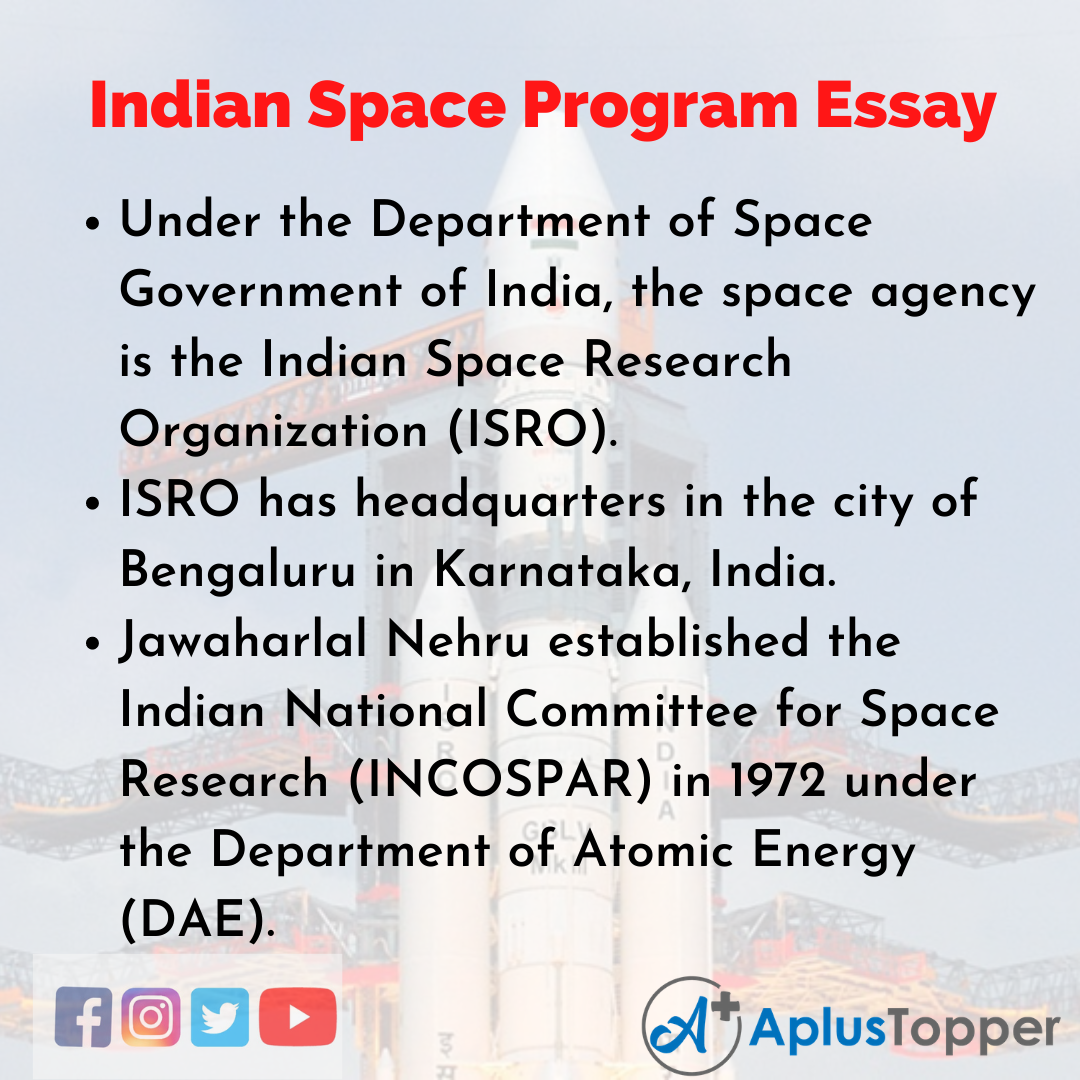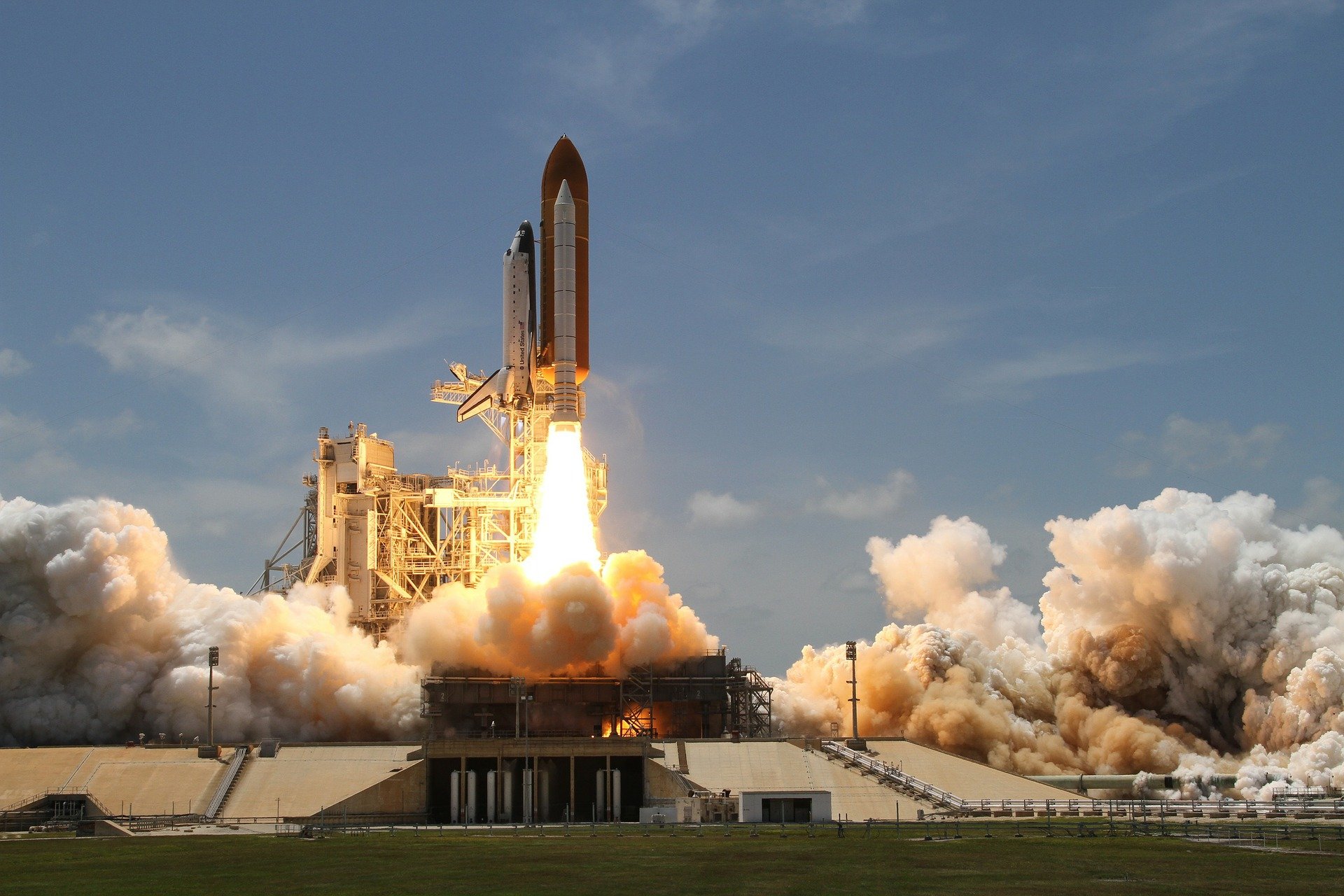Space travel is the act of traveling through outer space, either for the purpose of exploration or for the purpose of conducting scientific research. It is an exciting and challenging field that has captured the imaginations of people for centuries.
The history of space travel dates back to the early 20th century, when scientists and engineers first began to consider the possibility of launching humans into space. In 1957, the Soviet Union sent the first satellite, Sputnik, into orbit, setting off a space race between the Soviet Union and the United States. This competition eventually led to the development of the first manned spacecraft, the Mercury and Vostok capsules, which were used to send astronauts into orbit in the early 1960s.
Since those early days of space travel, humans have made great strides in exploring the cosmos. We have sent spacecraft to every planet in our solar system, landed on the moon, and established long-term space stations where humans can live and work for extended periods of time. We have also sent probes to study other celestial bodies, such as comets and asteroids, and sent telescopes into orbit to study the stars and galaxies beyond our own.
Space travel has also led to numerous technological innovations, many of which have had a significant impact on our daily lives. For example, the development of satellite technology has revolutionized communication and navigation, and the study of materials in the microgravity environment of space has led to new and improved products, such as stronger and lighter materials for use in construction and transportation.
Despite these achievements, space travel is still a very risky and expensive endeavor. The conditions in space are harsh, and spacecraft and astronauts must be designed and built to withstand the extreme temperatures, radiation, and other hazards of the space environment. In addition, launching spacecraft into orbit requires a tremendous amount of energy and resources, making it a costly proposition.
Despite these challenges, space travel remains an important field of study and exploration, and there are many exciting developments on the horizon. For example, private companies such as SpaceX and Blue Origin are working to develop reusable rockets and other technologies that could make space travel more affordable and accessible. There are also plans to send humans to explore the moon and even Mars in the coming decades, as well as to establish permanent settlements on other celestial bodies.
In conclusion, space travel is an exciting and challenging field that has led to numerous technological and scientific advances. While it is still a risky and expensive endeavor, it has the potential to bring tremendous benefits to humanity, and there are many exciting developments on the horizon that could make space travel more accessible and affordable.







